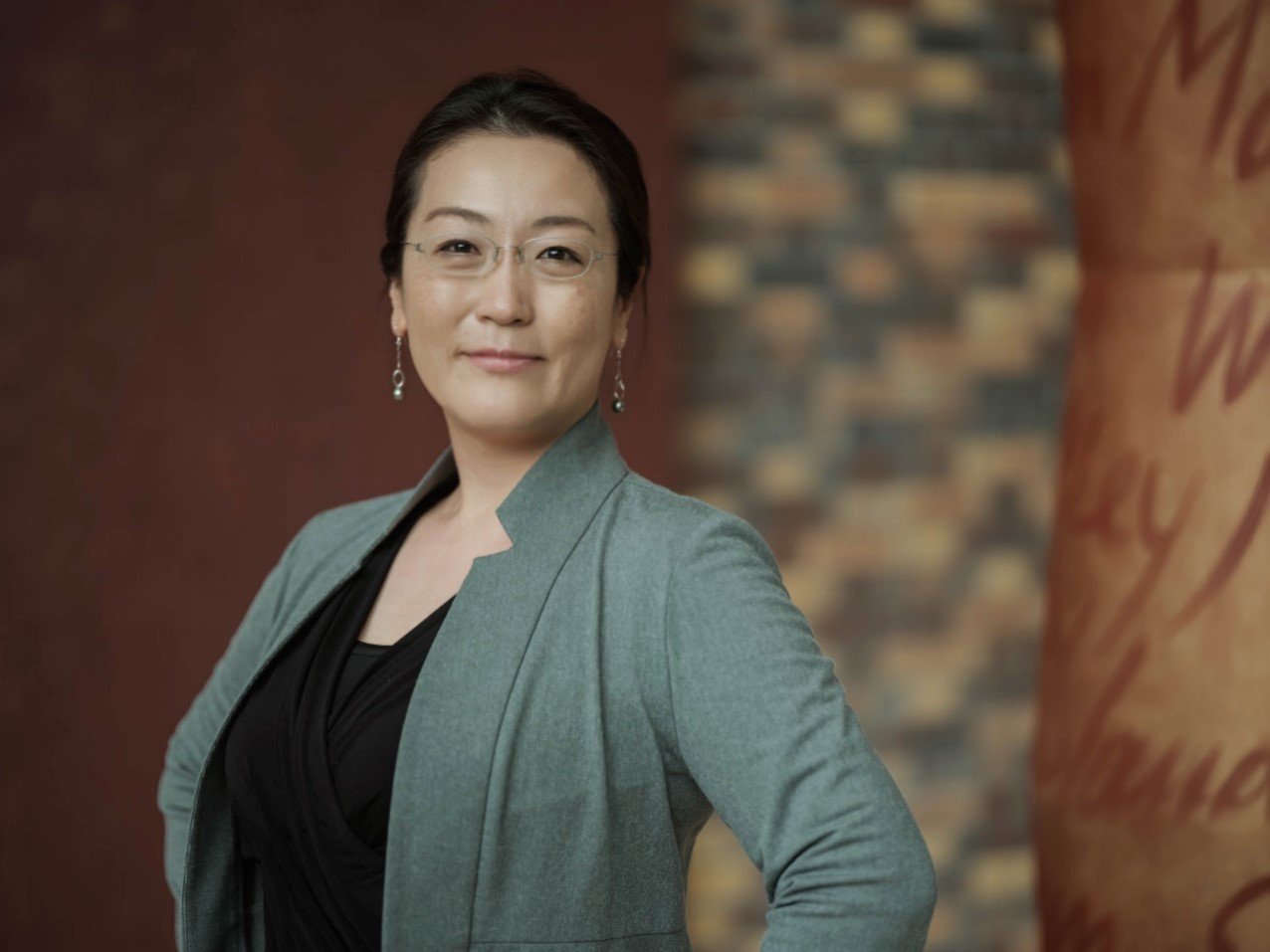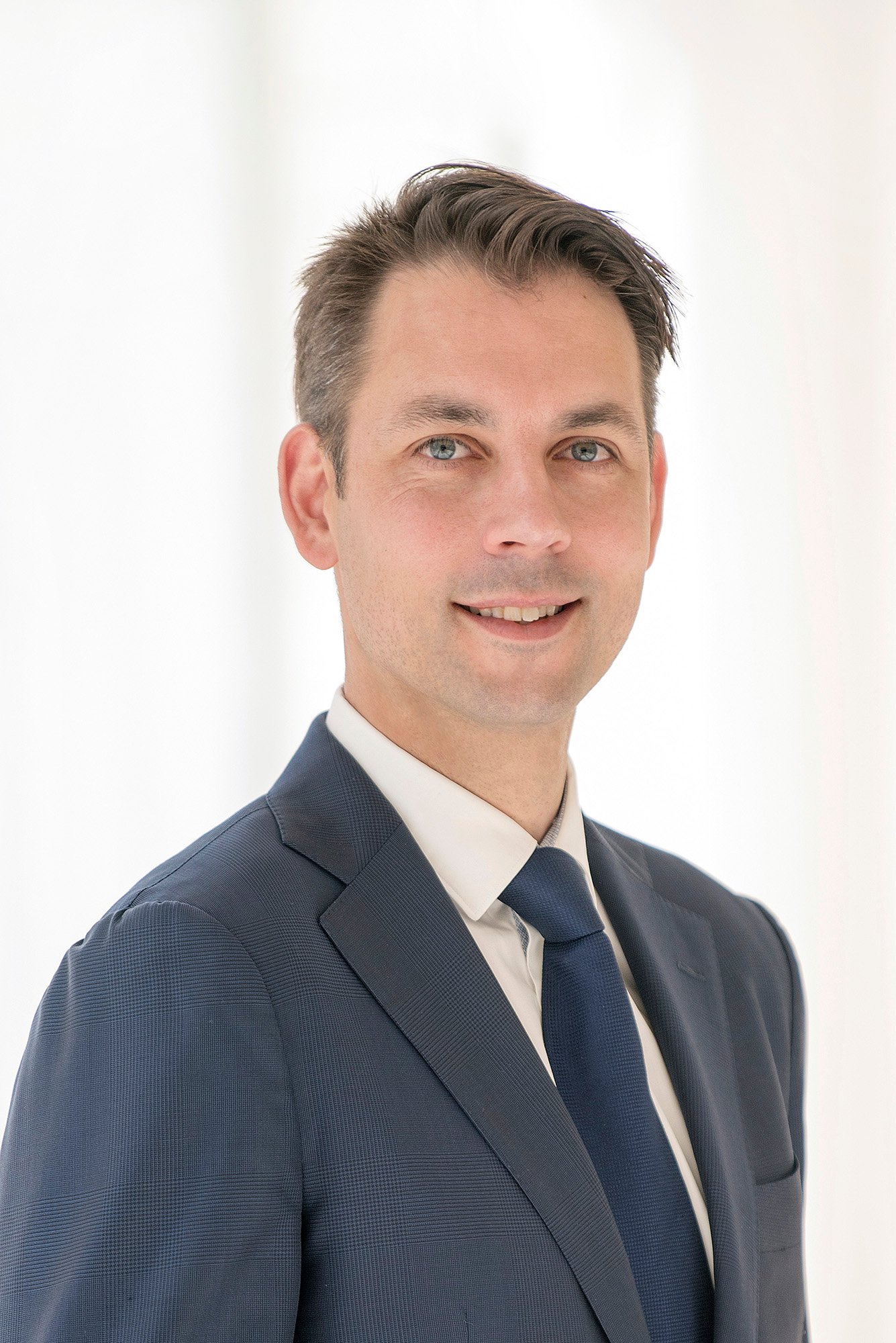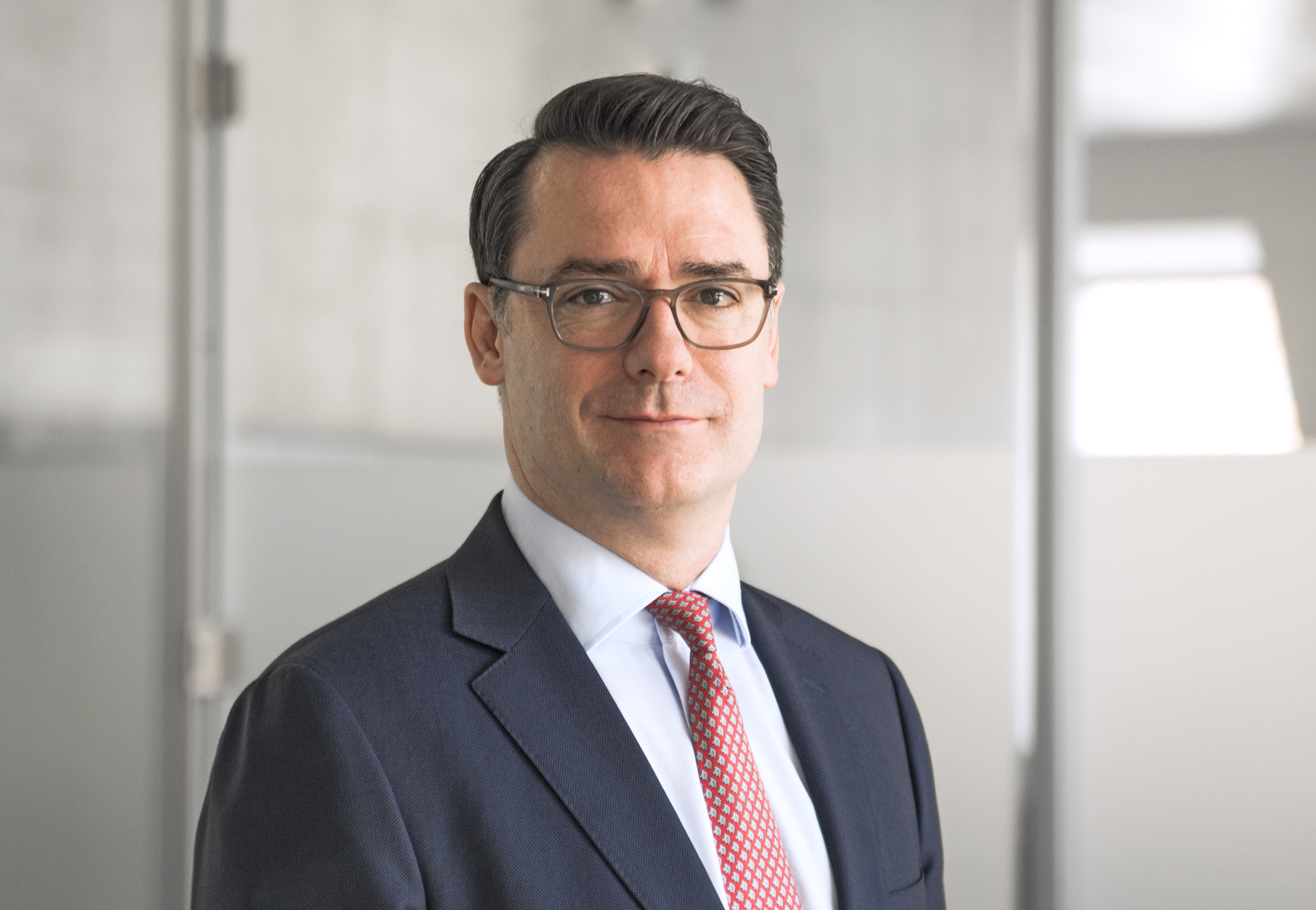My learnings at the EMC have changed how I interact with people and how I perceive my emotions and behaviour.
Motoko Kamada

Can you tell us a little bit about your personal and professional background?
I have been in the healthcare industry for more than 18 years. I started my career at GE Healthcare where I held various roles including advisory services for healthcare providers, marketing and commercial excellence. Throughout my career so far, I have had the opportunity to work in Japan in regional and global contexts which has been a fantastic experience.
Currently, I am the Director of Management and Planning at a non-profit hospital in a suburb of Tokyo where I am leading the post-merger integration. What makes this responsibility very challenging and also very interesting is having to collaborate with all the existing resources and talent as well as new resources, which are all quite fragmented. Together with my team, I need to find ways for all these stakeholders to contribute to the transformation of the business processes.
What made you decide to pursue the EMC at INSEAD?
I first heard about the EMC in 2015 when I was still with GE Healthcare. I was very interested in the programme and felt that this was something I would definitely want to do at some point in the future. At that time, I felt like I didn’t have enough experience yet to be able to fully leverage the learning journey.
Over the course of the following years, I had the opportunity to work on increasingly complex assignments at GE Healthcare. I really enjoyed that process and started to sense a stronger need to have a deeper and more holistic understanding of human and organisational behaviour from a psychological and leadership perspective.
By the time I got involved with my current role, dealing with the post-merger integration transition at the hospital, I realised that in leading change, there are no absolute right or wrong answers when we make decisions.
However, one must take ownership and responsibility, and at the end of the day it all depends on the level of commitment of the people who are involved in that change.
At GE I learnt something which still resonates with me. It’s the philosophy that the equation of any change or transformation is [Q x A = E]. Q stands for the quality of the solution, A is the acceptance of the people who are involved in the change and E is the effectiveness of the result.
From my experience, the level of acceptance of the solution is one of the most critical elements for the success of any transformation. When I took on my new role, I really wanted to focus on change management and deep dive into the acceptance part.
Then, there was also a change in me. I used to be competitive in nature and tended to see competition among others even as I focused on winning as a team.
After spending more than four years in my current role, I realised that what matters most is not competition but how we grow together as individuals, teams, organisations, and society. I wanted to understand how I could contribute better and encourage others to unlock their own potential and to flourish.
These considerations finally led me to embark on the EMC.
You recently completed module 3 of the EMC. What has your experience been like so far?
The first couple of modules focused on the individual. At some points during those modules, when new theories were introduced in class or during our intensive group work and peer discussions, I realised that there were parts of myself that I wasn’t able to admit or accept before. As these parts revealed themselves and came to the surface, I felt quite uncomfortable.
However, once I recognised and started to accept that, I began to get a new perspective of myself as well as others which has been unique and fascinating. My learnings at the EMC have changed how I interact with people and how I perceive my emotions and behaviour.
There’s a special bond between EMC participants and a uniquely safe and calm environment in the classroom which enables us to question and open up to each other in ways I never could have imagined before.
After each module, my brain is overloaded with new insights and ideas, and I always need some time to accept and explore my thoughts and feelings. In a way, the EMC gives me opportunities to take that time for self-reflection which I believe is of most value, especially in chaotic times full of uncertainty.
What are your goals after graduation?
I would like to stay in the healthcare industry, but my aspiration is to not focus on a particular role or title, but to broaden my circle of positive influence.
For example, there are many members in my current organisation who don’t feel confident enough in themselves, even though they have wonderful talents and strengths – but perhaps they haven’t been given much opportunity yet to realise their own value. So I’d love to support them as individuals or teams, which will eventually benefit the entire organisation.
This will also be my way of paying it forward. I am very fortunate to have received tremendous opportunities throughout my career and personal life. Many people invested so much energy and time, and I am who I am because of them. Reflecting on my EMC journey thus far, appreciating what I already have and being easy on myself, has made this perspective clearer.
Lastly, what advice do you have for people out there who may be currently reading about the programme or considering whether this is the right programme for them?
I would say be ready to be uncomfortable!
But rest assured that this will happen in a safe environment with your faculty and classmates, and that it's okay to be uncomfortable as we explore ourselves.
The EMC is a huge turning point for myself, and probably for others, too. It took me six years to finally start this journey, and I think it was one of the best things that happened to me. At the same time, I wonder what it would be like if I wouldn’t have waited that long. If you have the fantastic opportunity to embark on this programme, then don’t hesitate – just jump on it!




